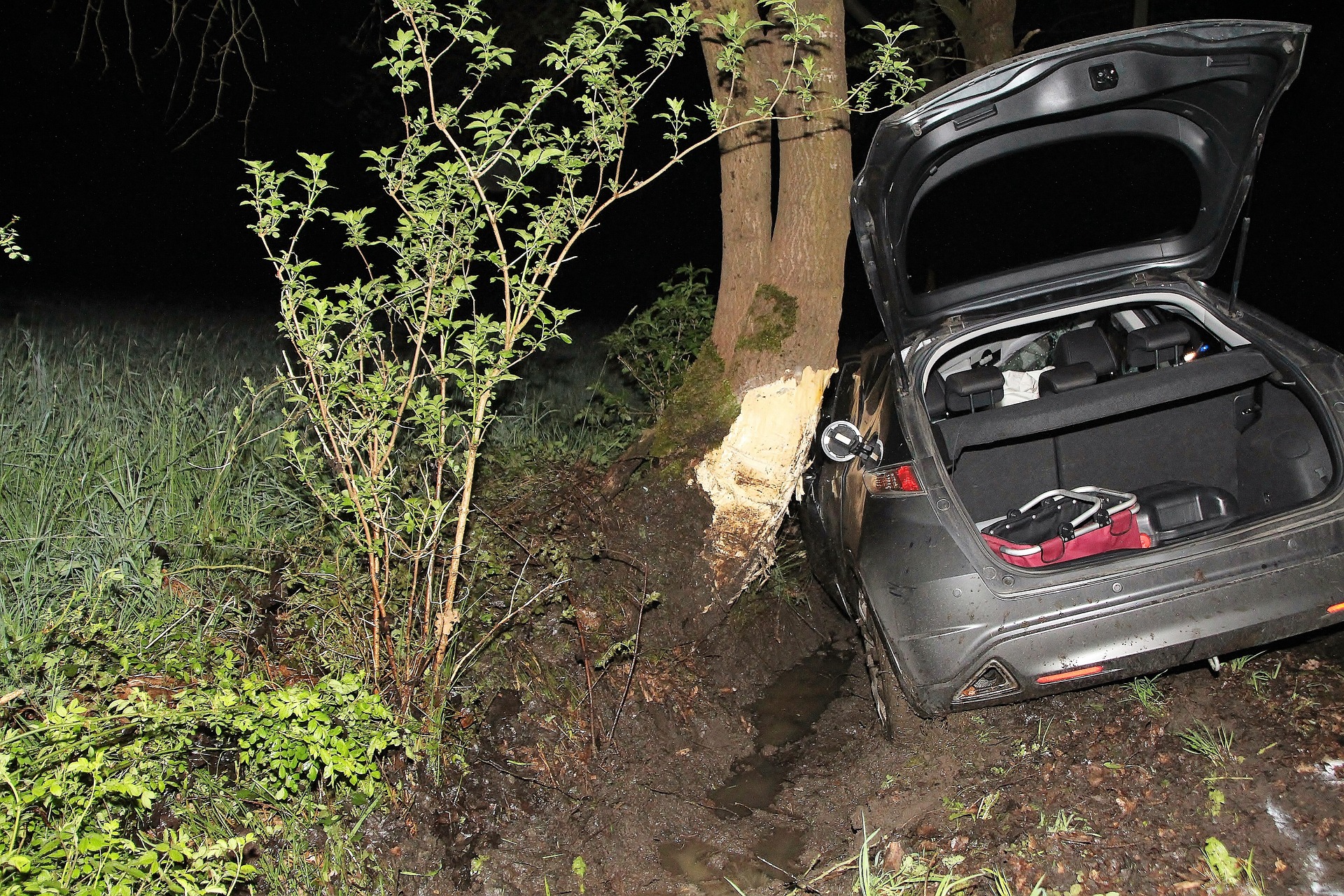Dr Geoffrey Wango (OGW)
It is usually assumed that the standard driver is on wheels. However, rarely do we explore a greater connection between traffic violations, violence, and the gritter of utter accidents on the roads with the psychological well-being of the driver and drivers.
There is a connection on one hand, between typical standard drivers, driving and orderliness on the road, and on the other hand, psychopathic traits and traffic violations, violence, and wicked driving. This is because driving behaviour is in many ways related to the psychological, emotional, and mental well-being of the driver.
Among the major exhibitions on the road are stress and exhaustion characterized by hooting, yawning, over-speeding, lack of concentration, sleeping behind the wheel, and failure to adhere to traffic rules and regulations. Stressed and frustrated drivers, and those suffering from burnout and depression, may lead to acts of anger including hurling insults at other road users including pedestrians, other drivers, and traffic police.
This is because these persons have disturbed minds. This will be characterized by deviant behaviours including failure to adhere to simple traffic rules, and dangerous driving.
Indeed, disturbed drivers have higher rates of traffic violations. Breaking traffic rules and aggressive driving is not the only problem among psychologically disturbed drivers.
They tend to have lower levels of concentration and a lack of empathy. They are compassionless and hence may not recognize vulnerable members of society such as children, the aged, and persons who are less abled.
This is because they have greater impulsiveness, and some are sensation-seeking which makes them even more likely to act out aggressively, speeding and adopting risky behaviours.
Furthermore, persons with psychopathic traits including deviance are less likely to engage in prosocial driving behaviour. Yet driving is prosocial, teamwork and cooperative as the road requires courtesy and decorum.
Breaking traffic rules, and reckless and risky driving are dangerous road habits. Drivers that engage in rule-breaking behaviour, are unnecessarily aggressive and habitually fail to adhere to traffic rules may be psychologically and emotionally disturbed. Their actions are likely to hurt them and other road users.
Psychologically disturbed people should keep off driving until and when they emotionally stabilise. This is because they are unlikely to respond to social desirability.
They are sensation-seeking and display aggressive behaviour leading to risky driving thus more likely to commit traffic violations. Driving is more likely to turn anger into aggressive and dangerous driving outcomes. In addition, they lack consideration for others and lack self-control.
Dr Wango is a Senior Lecturer in Counselling Psychology at the University of Nairobi.

